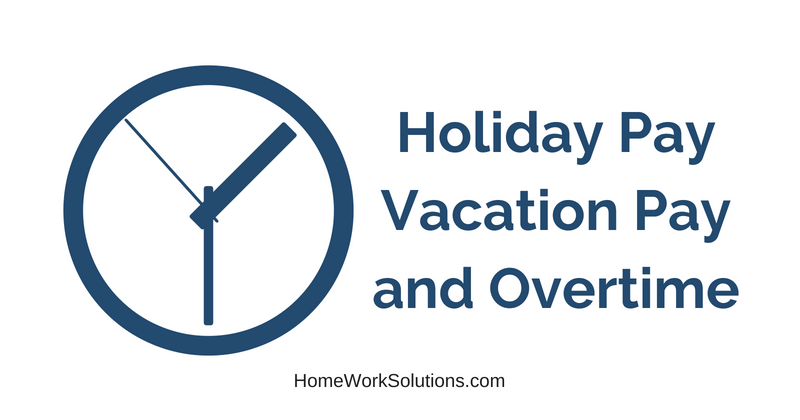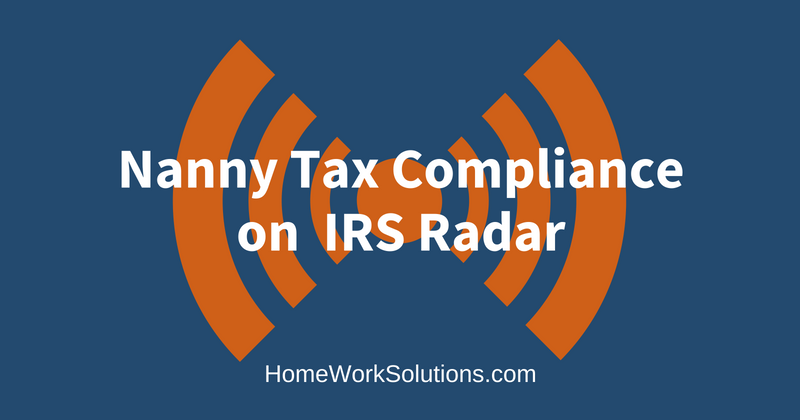You’ve spent time searching for the right caregiver for your father or son and you’ve become used to having help around the home for your loved one. It appears as if everything is working out well. But then, the caregiver quits. Did something go wrong? You may feel anxiety when you first hear the news that your caregiver is leaving, but there are some practical things you can do that can help alleviate stress and help put you on the track toward finding another person to step in.
Read More
Topics:
nanny,
agency,
senior
If you’re taking care of an elderly parent, you know how many things there are to juggle at once. Whether it’s cooking meals every day, paying income taxes, or running to doctor appointments, there are usually endless numbers of tasks that will accumulate from day to day and week to week. It is important to take care of yourself in the midst of taking care of your loved one. Family caregivers need help too, so here are some things you can outsource to simplify your life and have a better routine for caregiver self care.
Read More
Topics:
agency,
senior
Prior to the enactment of Obamacare ( Patient Protection and Affordable Care Act), household employers gave little thought to cost and regulation when it came to subsidizing a household employee's health insurance costs. The employee and employer simply negotiated a tax free reimbursement contribution, the employee purchased insurance, and the entire transaction took place under the government radar, perfectly legally.
Read More
Topics:
nanny,
agency,
senior,
CPA
Households that employ domestic help, such as nannies or senior caregivers, are required to file and remit federal and state employment taxes for their employee, but surprisingly, many do not. Failure to pay the so-called “Nanny Tax” results in a tax gap that totals billions of dollars. In fact, unpaid nanny taxes are estimated to be $3.3 billion to $5.7 billion per year, according to a new study discussed at the June 2018 presentation at the IRS/Tax Policy Center Joint Research Conference on Tax Administration. It is estimated that only 5.3% of the estimated 3.6 million household employers complied with this requirement in 2015. (1)
Read More
Topics:
nanny,
agency,
senior,
CPA
Hiring a nanny is an important decision and there are likely many questions going through your mind. Setting hours and understanding how much to pay your nanny is an important part of the process, and there are various terms that are used that you may be confused about. Salary* and guaranteed hours are terms that are often used interchangeably, but in fact, they are completely different. If you’ve wondered what guaranteed hours are, we’ll break it down here for you.
Read More
Topics:
nanny,
agency,
senior,
CPA
Minimum wage and overtime laws are contained in a complex assortment of Federal, state and local laws and ordinances.
Read More
Topics:
nanny,
agency,
senior,
CPA
If you received a large refund after filing your 2017 income tax return, you’re probably enjoying the influx of cash. You may have had a hefty bill as well. Ideally your tax return should have you just about even with the government, no large refund and no big bill. It’s almost impossible to come out square but being only a couple hundred dollars off one way or another is pretty good. If you aren’t close you might want to consider adjusting your withholding. That process is a little more complicated for 2018.
Read More
Topics:
nanny,
agency,
senior,
CPA
Employees don’t always fill out their W-4 forms accurately. For example, some may wrongly write “exempt” on the withholding portion of the form to ensure that no federal or state tax is withheld. Others may be inadvertently under withholding because of recent tax law changes.
Although the employees themselves are liable for improperly completing their W-4s, you can do them a favor by reminding them of possible mistakes. After all, the IRS may eventually come calling on your organization if someone appears to be under withholding.
Read More
Topics:
nanny,
agency,
senior,
CPA
The Federal government enacted the Family and Medical Leave Act (FMLA) a quarter century ago to make it easier for workers to take job-protected leave to care for their newborns and other family members with serious health conditions. While this was landmark legislation in the employment law arena, critics have consistently pointed out that the law only applies to employers with 50 or more employees, and that the leave is unpaid.
Read More
Topics:
nanny,
agency,
senior,
CPA










